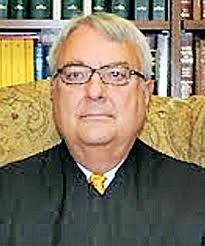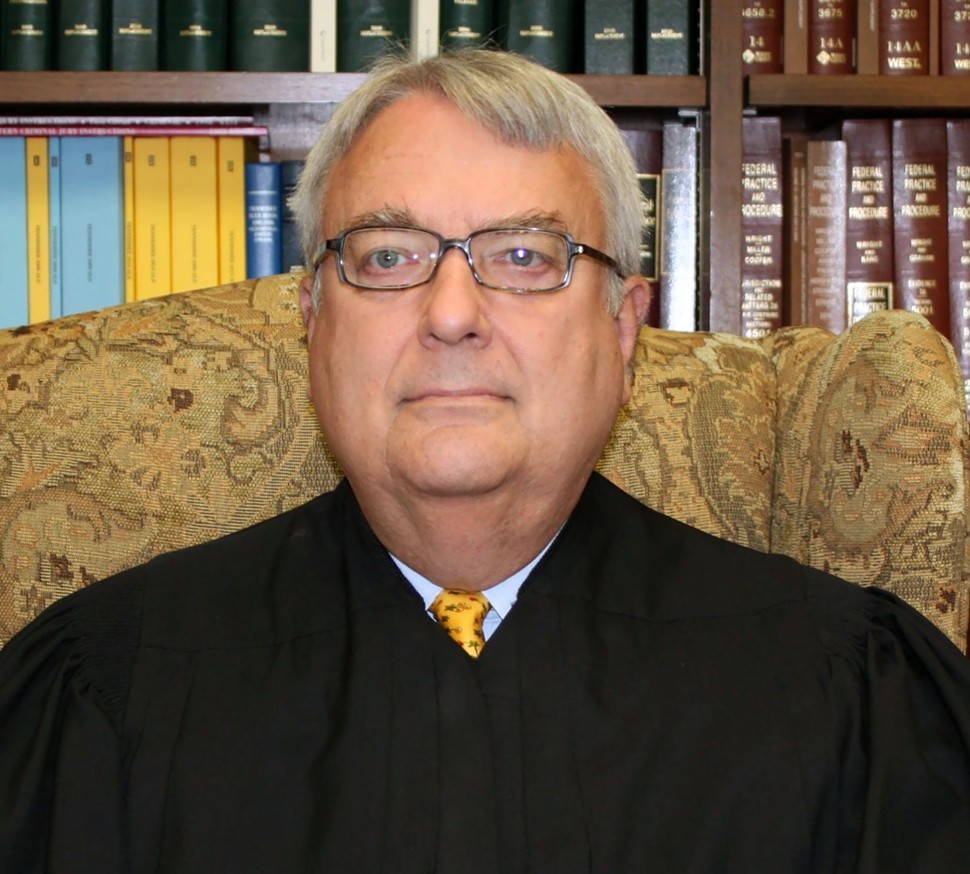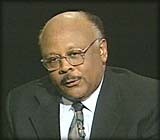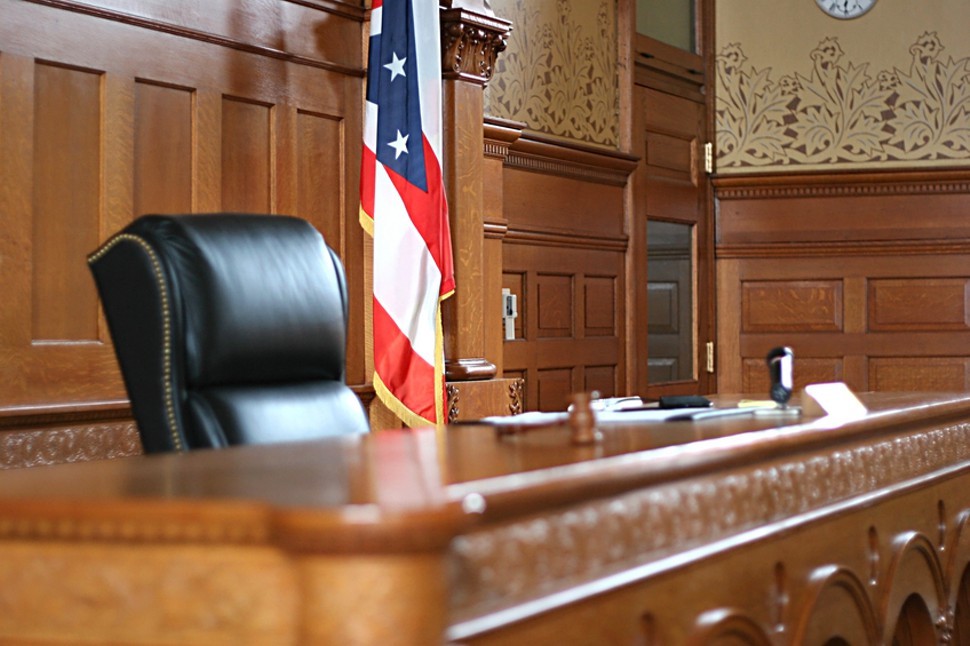The resisters — i.e., the suburban hard-core, a minority on the Shelby County Commission — won one on Monday. Their victory, putting an indefinite stall on filling a vacancy on the Unified School Board, was mainly symbolic, and it owed as much to confusion and disagreement on the part of the commission’s pro-school-merger majority as to their own acumen.
In any case, the scoreboard will show that the commission’s already unsteady slog toward expediting the merger process was slowed even further, a fact that could have measurable consequences down the line. If nothing else, it may have put off the day of reckoning on the expansion of the school board from seven members to 13 or at least complicated that process.
What happened on Monday was that, after what had been one of the least consequential commission meetings in years — with only one item besides the consent agenda, and that item, a zoning matter, withdrawn — the commission undertook to consider an add-on item, one that sounded, as county attorney Kelly Rayne summarized it, fairly routine.
The item was an amendment to a resolution passed two weeks ago calling for applicants to succeed school board member Reginald Porter, who resigned to become the unified system’s chief of staff. Interviews for the vacancy were to be held next Wednesday.
But, as Rayne noted, that resolution had erroneously specified that Porter’s successor would fill out the remaining three years of his term, instead of the single year leading up to next year’s election cycle, when the seat would be on the ballot.
Nor did the resolution account for the fact that Porter’s District 6 will be transformed into something else by the aforementioned expansion to 13 districts on September 1st. (The current 23-member board, a discordant group consisting of those seven, plus holdovers from the former Memphis City Schools and Shelby County Schools boards, will pass into history at that point.)
The amendment offered Monday would address those points with necessary changes, Rayne explained.
Except that, as was demonstrated in the intricate debate that followed, there were myriad uncertainties to deal with, involving: the expectations of existing applicants for what they had presumed would be a three-year term; the question of whether someone selected now for District 6 would also be a resident of the reconfigured District 9 (which most of District 6 would become) and, if not, what then; and the still unresolved question — yet to be decided by presiding federal judge Hardy Mays — of whether the six new members were to be elected or appointed by the commission.
Nothing close to a consensus on these matters was reached, with the result that — in an outcome owing much to the absence of two commissioners, Justin Ford and Melvin Burges, and to the early departure of two others, Walter Bailey and Sidney Chism — the commission would first reject the amendment on the floor and then, on the motion of Commissioner Wyatt Bunker, vote to rescind the original resolution.
So it’s back to square one, a consummation devoutly to be wished by Bunker and his fellow suburbanites Chris Thomas and Terry Roland, along with Heidi Shafer, whose district straddles city and county but whose sympathies on the school matter are with the suburbs.
The District 6 seat on the school board remains vacant, and the next steps on reconfiguring the expanded school board remain, as has so often been the case during the issues of the school-merger process, for Mays to pronounce upon.
• Saturday’s memorial service for the late Lois DeBerry, who died last week after a lengthy battle with pancreatic cancer, drew a multitude of mourners to the First Baptist Church on Broad Avenue, many of them blue-ribbon members of the Tennessee political establishment — past and present.
As befitted the stature of the longtime House speaker pro tem, the list of those offering testimonials began with a former vice president of the United States, Al Gore, and continued through other such personages, including a current governor, Bill Haslam, and a past one, Phil Bredesen, and concluded with DeBerry’s surviving husband, Charles Traughber, who, until his retirement late last month, had been chairman of the state Pardon and Parole Board.
Gore, for whom DeBerry had made a nominating speech for president during the 2000 Democratic National Convention, returned the favor in good style, establishing that DeBerry was a role model par excellence, one without a “mean bone in her body.”
Other speakers expanded on that image and, on occasion, put it in bas relief, making sure it was realized that DeBerry, who pulled her legislative oar nonstop during her four-year battle with cancer, was a fully round character.
There was a Big Chill aspect to the service, a gathering of the guard, a last hurrah for the luminaries who had constituted Tennessee state government during the long span of DeBerry’s career. It was a passing in review, as Memphis state senator Jim Kyle described it, for the state’s Democratic Party, leading members of which were there in numbers too great to single out by name.
Yet it was more than that. One of the more memorable moments came from a leading figure of the state’s new Republican guard, current House speaker Beth Harwell of Nashville.
In a voice swelling with emotion, Harwell talked about DeBerry having her back on some important children’s issues and recalled watching her use “her tenacious spirit” to fight cancer:
“At times, when I knew she was tired, and when I knew she was in pain, she was still at the Capitol working, with a smile on her face. She taught us how to live, and she taught us how to die. What a legacy. Tennessee has lost a political icon. And I lost my friend and my mentor.”
That was a sentiment shared by all.




